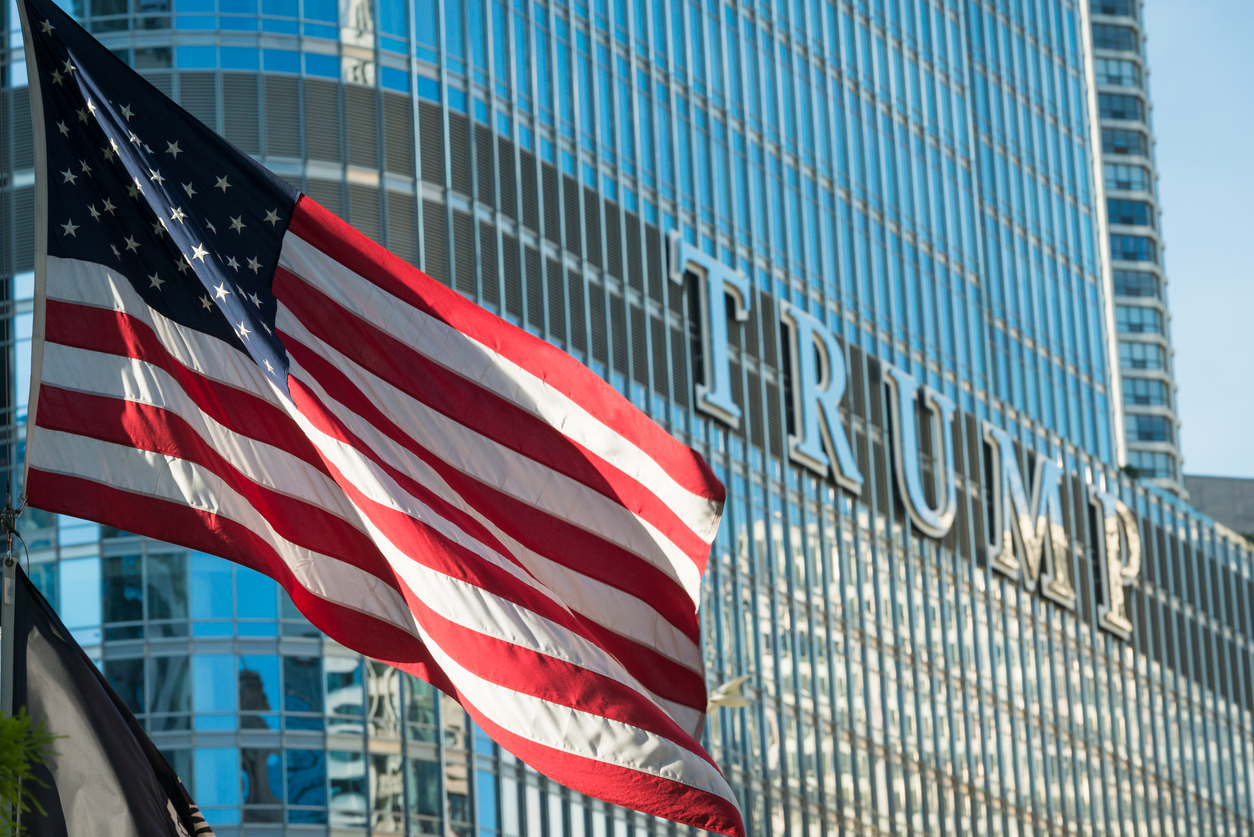
June 5, 2025
Senior officials led talks in New Delhi from the U.S. Trade Representative’s office and India’s chief negotiator, Rajesh Agrawal
Indian officials say the focus is on expanding market access, cutting barriers, and enhancing supply chain resilience
Exporters are holding back shipments due to uncertainty over the July 9 deadline, when paused U.S. tariffs could be reinstated.
India is resisting pressure to open its farm and dairy sectors, citing risks to vulnerable rural producers

Trade talks between Indian and U.S. officials have been extended into next week as both sides work to resolve key differences over tariffs in the agricultural and automotive sectors, aiming to finalise an interim agreement before a self-imposed July 9 deadline, according to government sources.
A U.S. delegation led by senior representatives from the Office of the United States Trade Representative (USTR) held two days of negotiations in New Delhi with Indian trade officials led by Rajesh Agrawal, the country’s chief negotiator.
Officials said discussions have focused on boosting market access, reducing tariffs and non-tariff trade barriers, and strengthening supply chain integration between the two countries. Although talks were initially scheduled to conclude by Friday, unresolved issues have pushed discussions into Monday and Tuesday.
An interim trade pact is expected to help de-escalate trade tensions and could lead the Trump administration to revoke a 26% reciprocal tariff on Indian exports permanently. These tariffs have been temporarily suspended for 90 days across several U.S. trading partners.
The delay is creating jitters among Indian exporters. Some have paused shipments to the U.S., fearing goods may not clear customs before the July 9 deadline. One official noted that exporters are acting cautiously in case tariffs return abruptly.
Trade figures show that India’s exports to the U.S. surged 28% year-on-year between January and April 2025, reaching $37.7 billion, while imports rose to $14.4 billion, further widening India’s trade surplus.
However, sticking points remain. India continues to oppose U.S. requests to open up its agricultural and dairy markets, citing concerns over the livelihoods of small-scale farmers who cannot compete with heavily subsidised American goods.
At the same time, Indian negotiators have signalled that New Delhi may pursue its complaint at the World Trade Organisation over U.S. tariffs on steel and aluminium, even as it continues to seek a bilateral resolution.
The current push for a limited deal stems from an agreement between U.S. President Donald Trump and Prime Minister Narendra Modi in February. Both leaders committed to finalising a trade pact by autumn 2025 and doubling bilateral trade to $500 billion by 2030.
In a separate development, Reuters reported that India has approved a commercial licence for Elon Musk’s Starlink, despite the tech mogul’s recent public clash with President Trump.
Source: Hindu